Boeing withdrew its request for a temporary safety exemption, which was key in certifying either of the remaining 737 MAX variants in 2024.
We recently saw that United Airlines is talking with Airbus about either buying more A321neos or bringing deliveries for existing A321neo orders forward. This is because the airline has to consider the possibility that the roughly equivalent 737 MAX-10 won’t be part of its fleet.
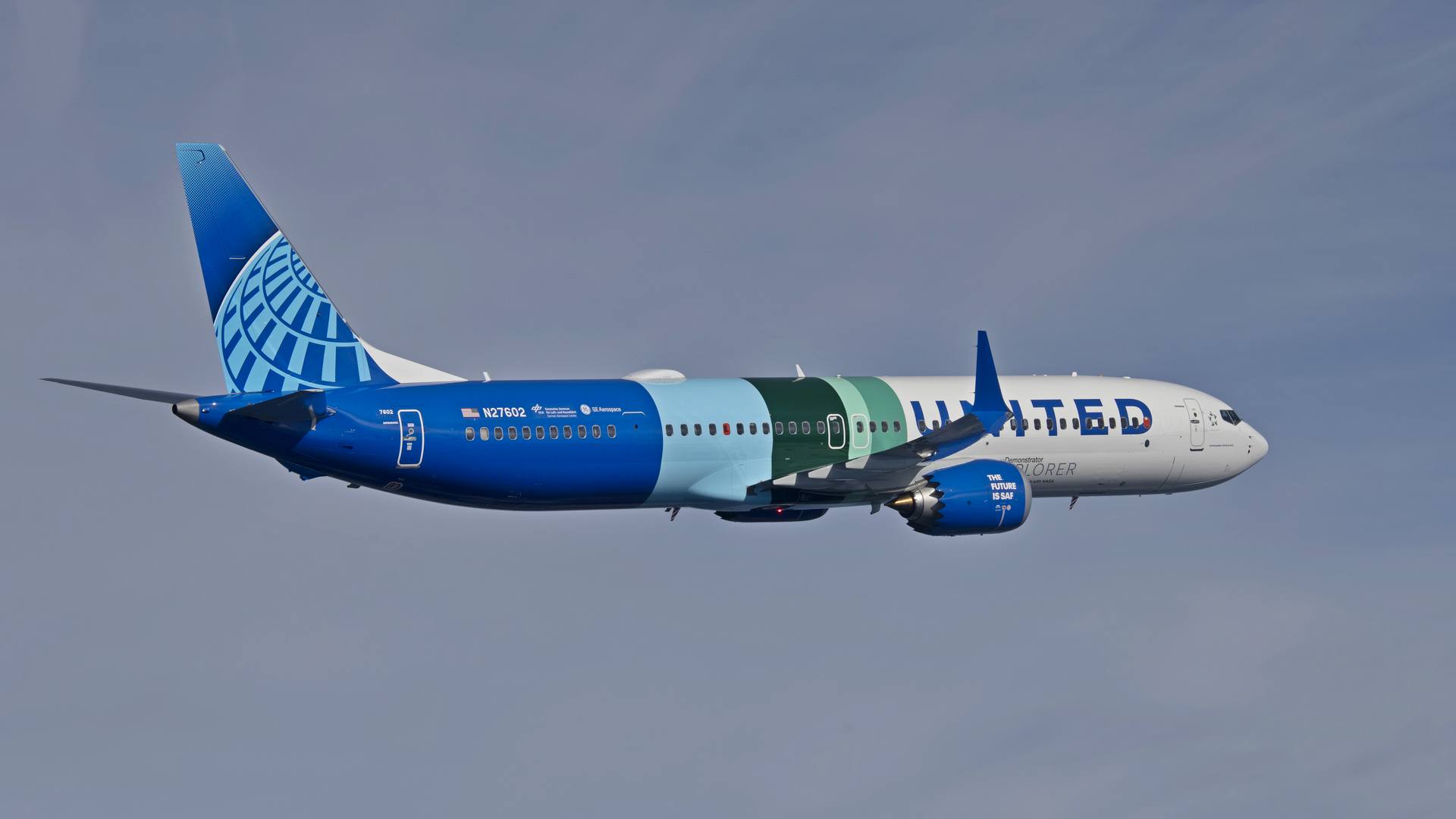
There are several reasons why the certification of Boeing’s 737 MAX-7 and MAX-10 is taking much longer than everyone expected. But the triggering factor is the increased scrutiny that the FAA has over Boeing, after the worldwide grounding of the 737 MAX in 2019.
An Engine Nacelle Issue
Boeing hoped to certify the MAX-7, in particular, in the first few months of 2024. The MAX-10 would follow either late this year or early in 2025. But for either timeline to be realistic, Boeing needed an exemption from the FAA, that involved the design of the aircraft’s engine nacelles.
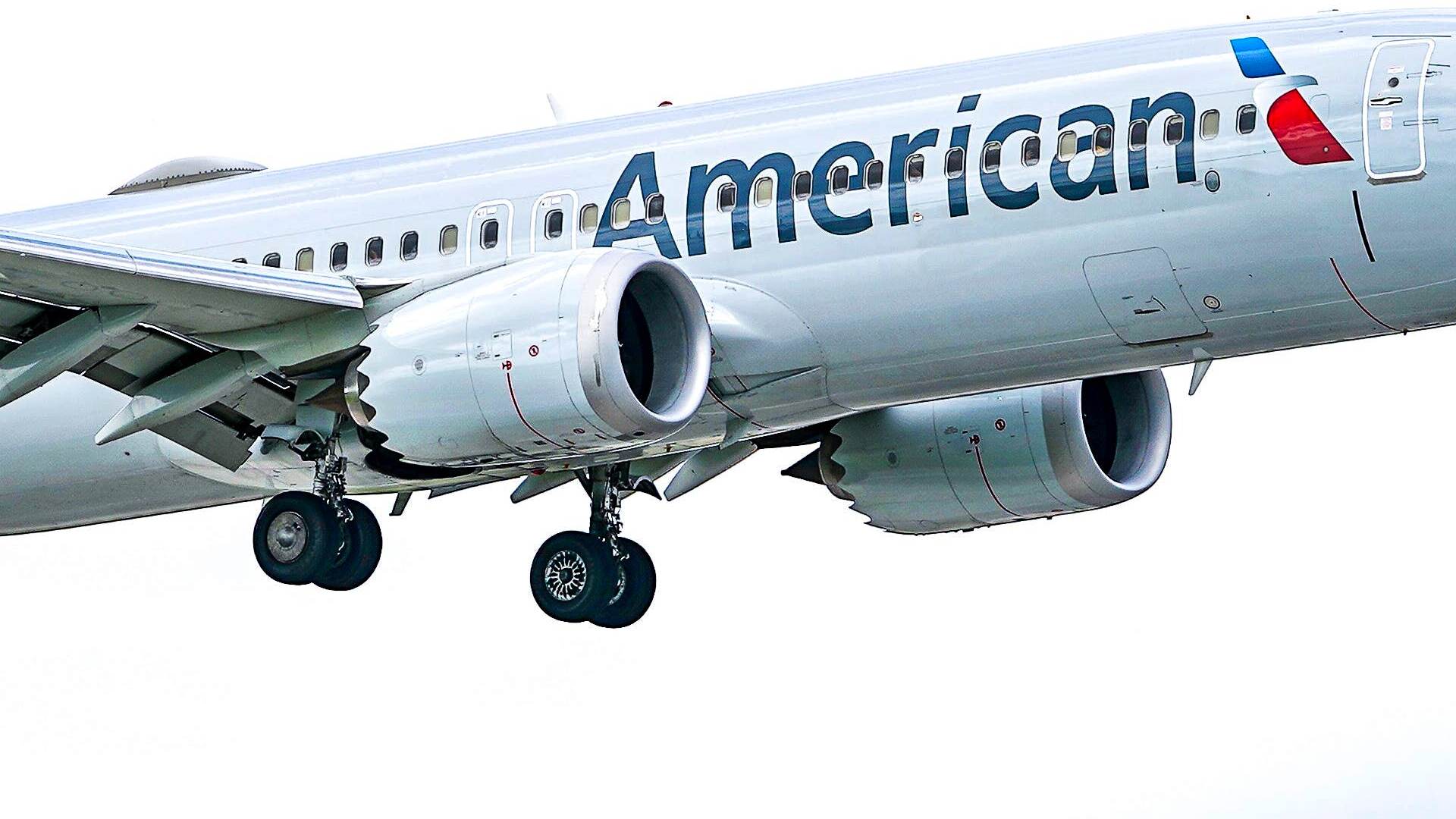
In certain conditions, i.e. when the aircraft is flying in dry air and at a specific temperature range, the engine anti-icing system could damage the engine nacelle inlet structure. To mitigate this issue, 737 MAX pilots have procedures and checklists that limit the use of engine anti-ice in specific conditions.
But this is temporary. Boeing will introduce a new nacelle design for the existing 737 MAX family by May 2026. As for the newer MAX-7 and MAX-10, Boeing wanted an exemption, that would allow it to certify these jets with the same nacelle design, and the same 2026 deadline to find a permanent fix.
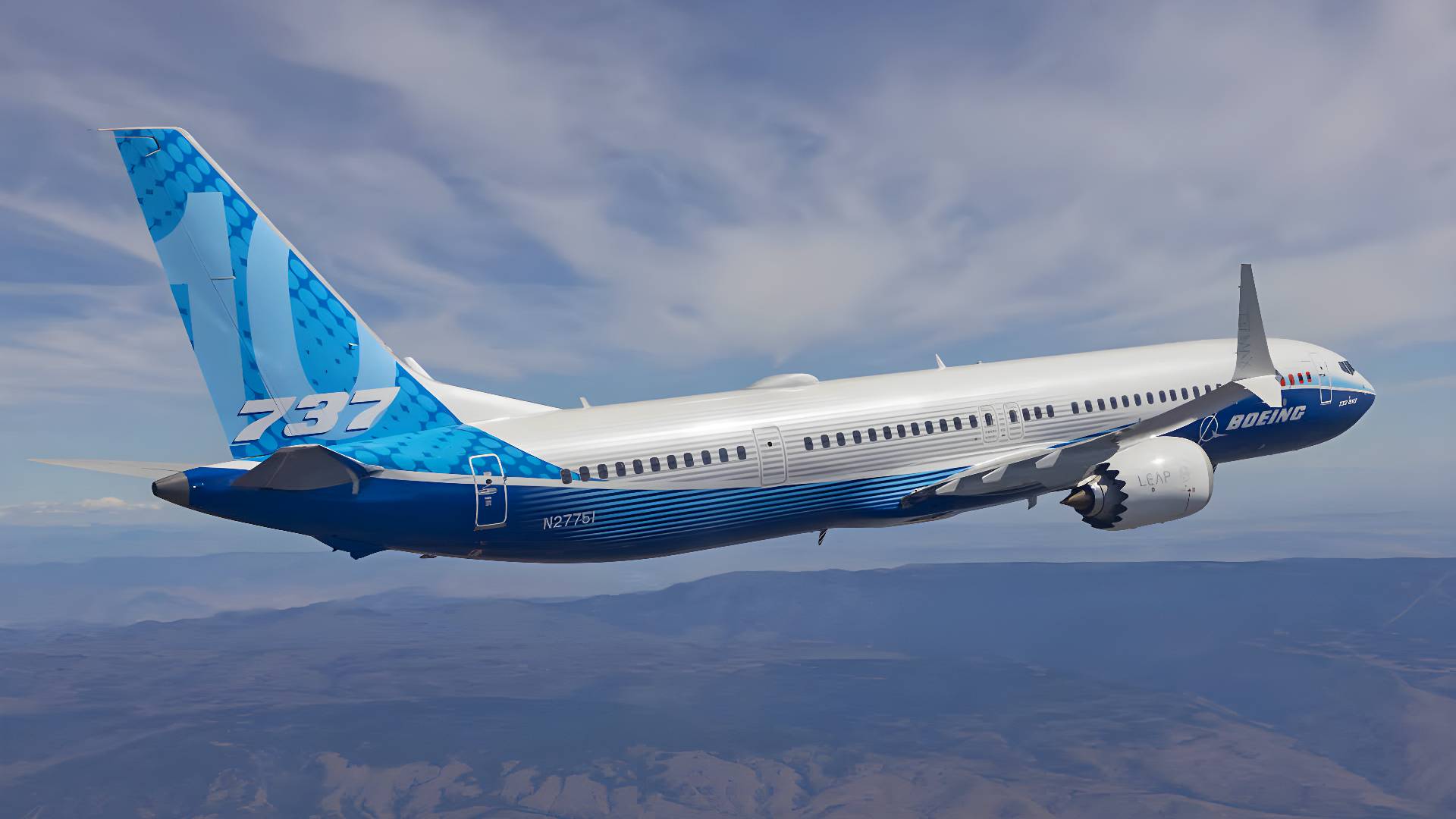
Since the existing 737 MAX family is flying with the same nacelle design, Boeing was confident that it would get this exemption from the FAA. However, in the aftermath of the Alaska Airlines MAX-9 blowout, there were calls to deny Boeing this exemption.
Boeing Withdraws Its Exemption Request
To be clear, there are NO reports of any 737 MAX having issues in flight from this issue, or any post-flight inspections revealing nacelle damage. Even so, several U.S. lawmakers from both major parties asked the manufacturer to withdraw that exemption request, which it did on Monday.
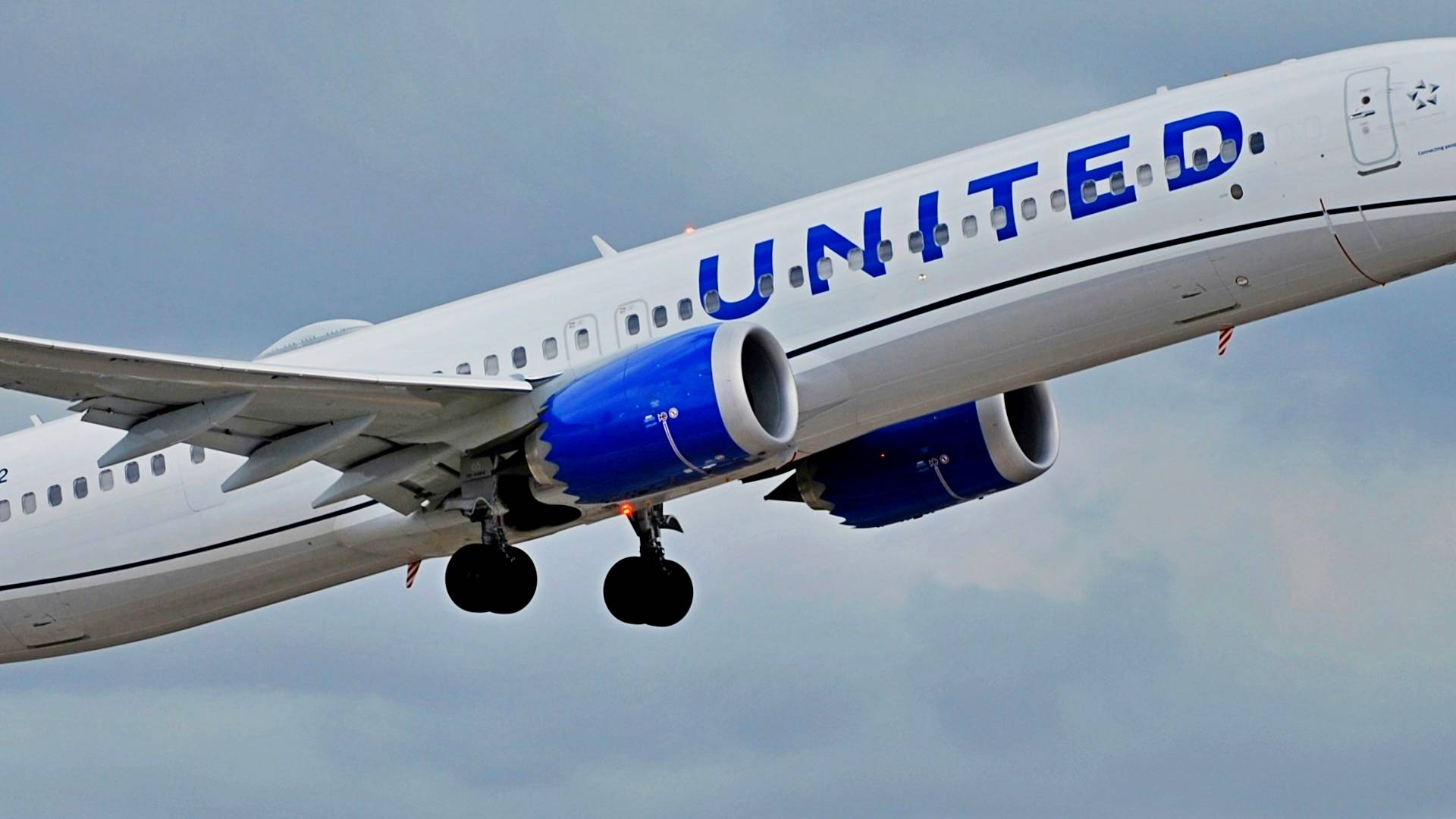
In a statement, Boeing said:
“While we are confident that the proposed time-limited exemption for that system follows established FAA processes to ensure safe operation, we will instead incorporate an engineering solution that will be completed during the certification process.”
Boeing has not yet presented a new timeline for the introduction of the new engine nacelle design. On Wednesday 31st of January, Boeing will announce its fourth-quarter results and could offer more details on this matter.
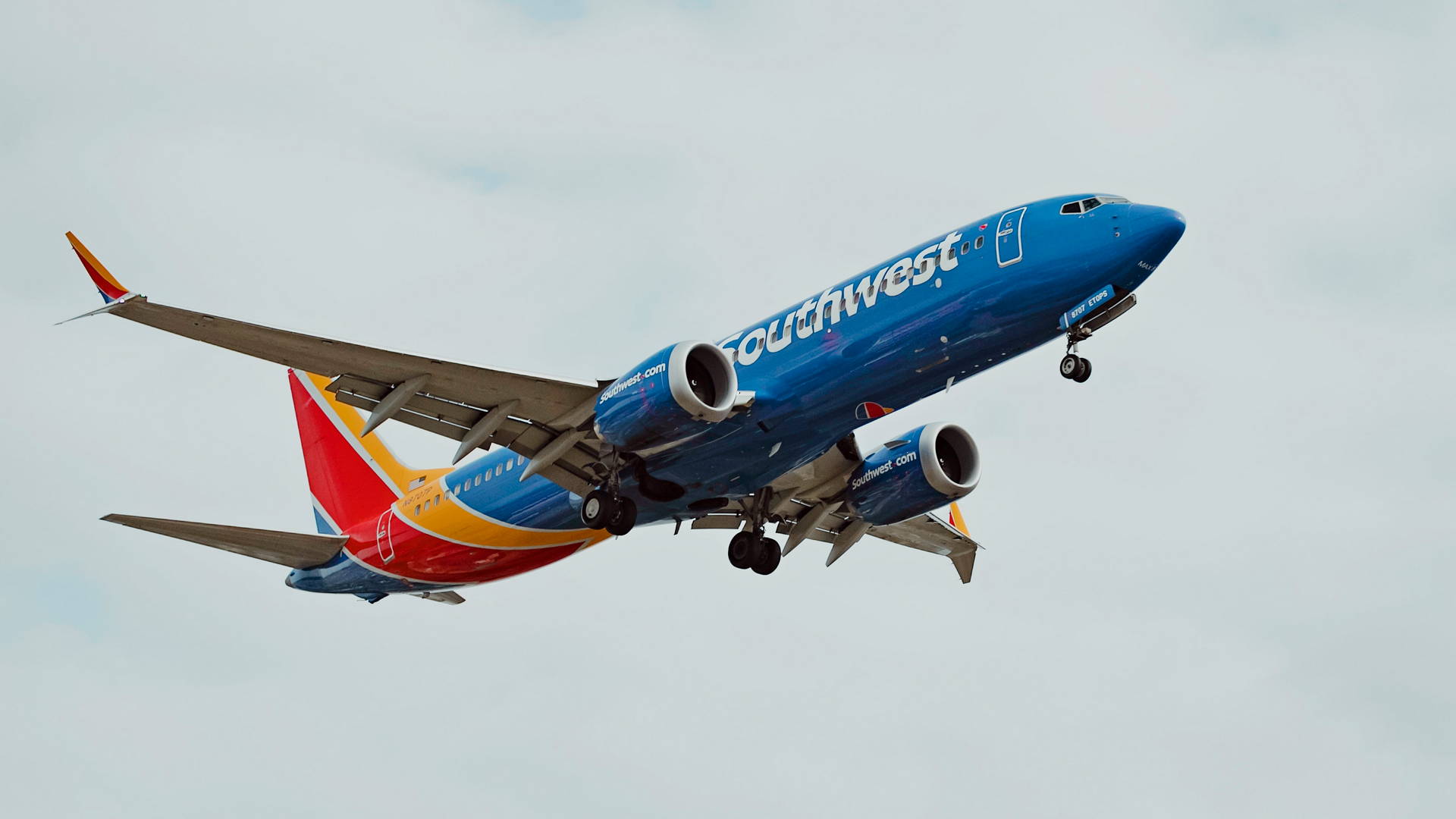
In any case, the withdrawal of its exemption request looks certain to hold up the certification of the two remaining Boeing 737 MAX variants. This is likely to affect a number of airlines directly. Other than United, Southwest Airlines may be looking for contingencies, for its MAX-7 orders.
Southwest has orders for over 300 737 MAX-7s. The most obvious option for the airline would be to convert some of these orders to the larger MAX-8. However, Southwest would want to avoid upsizing its fleet too much.




7 comments
[email protected]
This is unfortunate and disappointing
Alexander Monro
I would be very interested to hear Pettar’s views on the Max engine deicing issue, from a pilot and training perspective. I have heard from a comment on another channel that the Max no longer even has a warning light to indicate that engine deicing is turned on, unlike the previous 737ng.
Sunflower
When we type Boeing, auto-correct changes it to being if you don’t make the first letter capital.
John
The really, truly bad thing about global supplies, an airplane manufacturing company buying parts from around the world, is the loss of hands on assurance of suppliers living up to a contract.
If you, in this life, put your safety in the hands of a company that has to make a profit any way possible, you will wind up with loss of life.
In this life, the bottom line rules. Profit above safety, Ford Pinto, Firestone tires, countless baby cribs, Bopal India, the list goes on and on.
This is the reason every passenger jets do not have dual HUD’s, some don’t have nuts or bolts or even training for an undisclosed mcas system.
If I can’t get there by walking, I won’t go.
Iean, I could put my trust in the best pilots on this planet.
But what’s the sense if airlines manufacturers lie about the planes they put in the hands of those great pilots?
I’ve had bad flying experiences. Being subjected to g-forces because, as the Captain said, “Some idiot doesn’t know the rules of the road. (He first commanded all flight attendants to find the nearest open seat. She was across the isle, one row in front and as she looked at me and smiled, talk about forced smile).
Landing in Pittsburgh once, the plane felt like it “fell” onto the runway, (my tailbone hit the frame of the seat) and a panel that held lights and air conditioning, fell onto the seats, breaking one seat.
The flight before, I had landed at O’Hare and, because of ice, experienced what it was like to go down a runway, about ten seconds, crabbing at about a 30° angle.
I love flying, I truly do.
But I no longer trust the planes. (And some idiot pilots)
[email protected]
I agree that Boeing needs to go back to focusing on safety. They also need to inform the airlines, their pilots and mechanics about any new system on a new aircraft.
Phillip
Being needs to go back to its roots and return to its old days when engineering quality and safety were put above profits. If they return to this, they will see themselves back at the top and will have a truly proven and safety-driven design.
Eugene
Oh no, this is really a perfect storm for Boeing. If the door didn’t fall out of a 737 or Boeing, I think they would have gotten the exemption